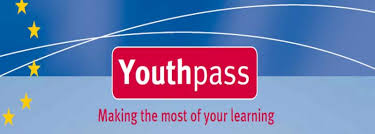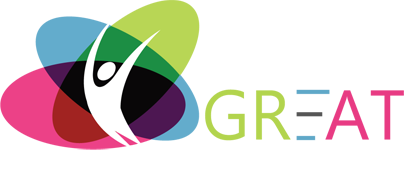Recognition of non-formal and informal learning is a dear matter to many people and organisations in Europe. Among others we have European Commission which is behind the Recognition and Youthpass. Youthpass is a European recognition tool meant for young people who have taken part in Youth in Action or Eramus+ project and would like to describe what they have done and learned.
Youthpass is part of the European Commission’s strategy to foster the recognition of non-
formal learning and informal learning of youth work in Europe (Tartu & Kloosterman, 2013). It is available for projects funded with the support of Erasmus+ Youth (20142020) and Youth in Action (20072013) Programmes. The Youth Programmes are programme for nonformal and informal learning and Youthpass is the certificate that makes visible what people have gained in their project. An important element of Youthpass is the recognition of one’s own learning: being aware of what people have learnt, how they learnt it and what else they would like to learn. As such, Youthpass helps to become and stay engaged in lifelong learning.
- While creating their Youthpass Certificate, (occasionally with a support person) the participants of the projects have the possibility to describe what they have done in their project and which competences they have acquired. Thus, Youthpass supports the reflection upon the personal nonformal learning process and outcomes;
- Being a Europewide validation instrument for nonformal learning in the youth field, Youthpass contributes to strengthening the social recognition of youth work;
- Describing the added value of the project, Youthpass supports active European citizenship of people. Youthpass also aims at supporting the employability of people and of workers by documenting the acquisition of key competences on a certificate.
Youthpass embeds the 8 Key Competences which are the same as in the Life Long Learning Field:
- Communication in the mother tongue
- Communication in foreign languages
- Mathematical competence and basic competences in science and technology
- Digital competence
- Learning to learn
- Social and civic competences
- Sense of initiative and entrepreneurship and
- Cultural awareness and expression
Youthpass provides also the users the opportunity to add anything that was learnt and is not linked with the key competences under the section “Other”. The Erasmus+ Youth Programme encourages the organisations that conduct nonformal learning projects to prepare the learners for the selfassessment and engage them into a selfreflection process throughout their learning time, yet this is hard to know if and to what extend it takes place. Youthpass is mostly perceived as a certificate confirming participation in a project and describing the learning outcomes linked to it (Tartu & Kloosterman, 2013). The underlying question is whether Youthpass is perceived as a certificate or rather as a tool that could be used in youth projects and that would improve the quality of learning in projects.
Find out more about Youthpass here: https://www.youthpass.eu/




